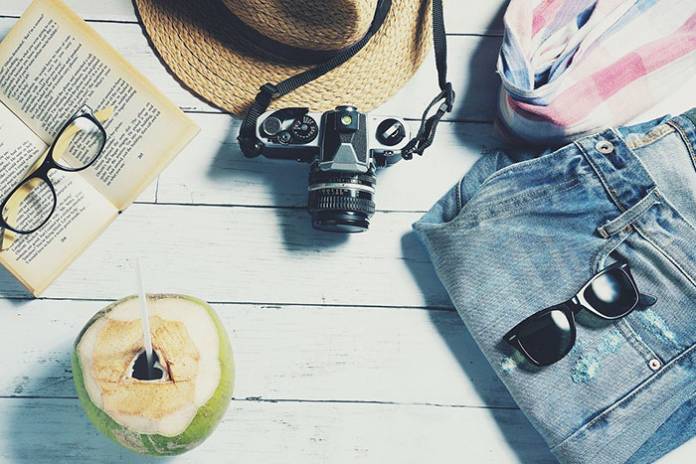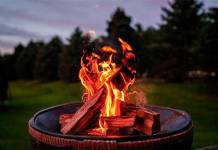
With the December holidays just around the corner and COVID-19 pandemic fatigue setting in, most people are eager to hit the road. For those still wondering whether it’s safe to travel now, the answer depends on numerous variables such as your preferred destination, how you plan to get there, the rate of coronavirus infections in that region, and more.
Without a vaccine, it is impossible to guarantee any travel destination is safe. However, with a few changes to your usual travel plans, it’s possible to lower the risk of getting infected with COVID-19. Here are some of the adjustments that could help you stay safe during your vacation.
1. Opt for a private vacation home rental
Private vacation properties are likely safer than vacation rentals such as hotels. These homes come with less person-to-person interaction. Sure, there’s no question hotels are currently working diligently to keep their facilities sanitized and clean, but Airbnb has an advantage given that renters are the only ones occupying the property. Remember to check in with your host to find if they are participating in Airbnb’s Enhanced Cleaning Initiative and adhering to all COVID-19 prevention protocols.
Besides, CDC’s lodging guidelines reveal that a private vacation rental with your family members is safer compared to staying with your family in hotels. So, take the time to research and choose a safe accommodation option for your loved ones.
2. Choose hotels carefully
Many major hotel chains have enacted wide-reaching cleaning policies in consultation with healthcare experts. These policies focus on mask requirements and social distancing. Some hotels have policies that support contact-free transactions like virtual check-in and out, limited dining, digital keys, and more.
However, how safe hotels are during the COVID-19 pandemic is highly subjective and often depends on whether you are taking the right protective measures like practicing social distancing, wearing a mask, and washing hands. If you must stay in a hotel during your vacation, make sure the entire property has strict cleaning policies, and those policies are being implemented.
It’s also recommended to choose remote properties with wide-open spaces and enough outdoor-friendly amenities. Such hotels are likely to be safer than those with overly crowded lobbies, swimming pools, restaurants, and elevators.
3. Choose safer alternatives to traditional travel
If you intend to head out on a trip, adapt your vacation plan in different ways that offer safer alternatives. This can help you reduce the risk of getting exposed to coronavirus while away from home. For instance, golf cart rentals may be safer than a public bus. Also, a road trip using your private car is safer than traveling by trains or public buses.
4. Camp in a remote area
If you plan to get out and embrace nature, but you’re uncomfortable with hotels and private lodging, there are many outdoor options. For example, you can camp somewhere away from crowded places. Just pack your gear into your car or book a home on wheels and pitch a good tent.
These are good ideas you can afford while controlling how much you get into contact with people. But before you set up your tent or camping area, be sure you know how to keep yourself safe. Here are more tips to lower the risk of getting exposed to coronavirus during your camping activities.
- Don’t ditch your facemask. Remember, other people may be camping a few meters away from you, and there’s a chance you will interact with them.
- No matter how careful you are, it’s too easy to hold another person’s item accidentally. This is why you should acquire hand sanitizer and other hygiene products.
- Avoid sharing anything that touches your eyes, mouth, and face.
- Keep the number of your travel companions low.
- In case you are camping with people from other households, it’s recommended to travel in separate vehicles to the camping site.
- Do not share tents.
- Remember that social distancing is still necessary, even when camping.
- Choose your campground wisely and avoid crowded spaces. Even after you make a reservation, monitor the camping area just to be sure it doesn’t get too crowded.
- If you must use campground showers and bathrooms, be careful and avoid touching surfaces.
- Pack a first aid kit with necessary supplies. This will help you deal with any minor injury that may occur during your camping activities.
- Stay entertained but avoid crowds. Also, save that epic cliff drop until coronavirus is gone.
Lastly, consult with an experienced travel agent. These professionals have spent many years working with airlines. They’re well-equipped to help you know more about various travel destinations. If you intend to visit Put-in-Bay, for instance, a travel agent can help you find information regarding any travel restrictions, quarantine requirements, and other relevant COVID-19 prevention measures.











